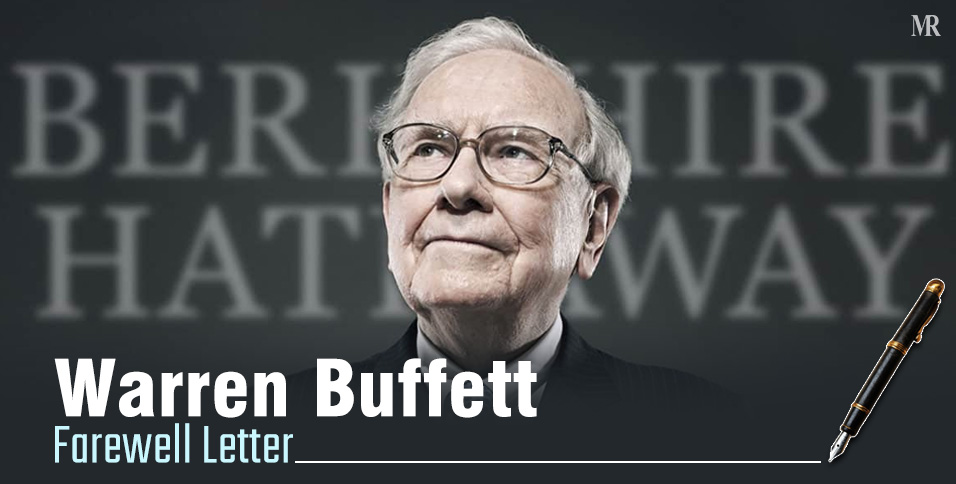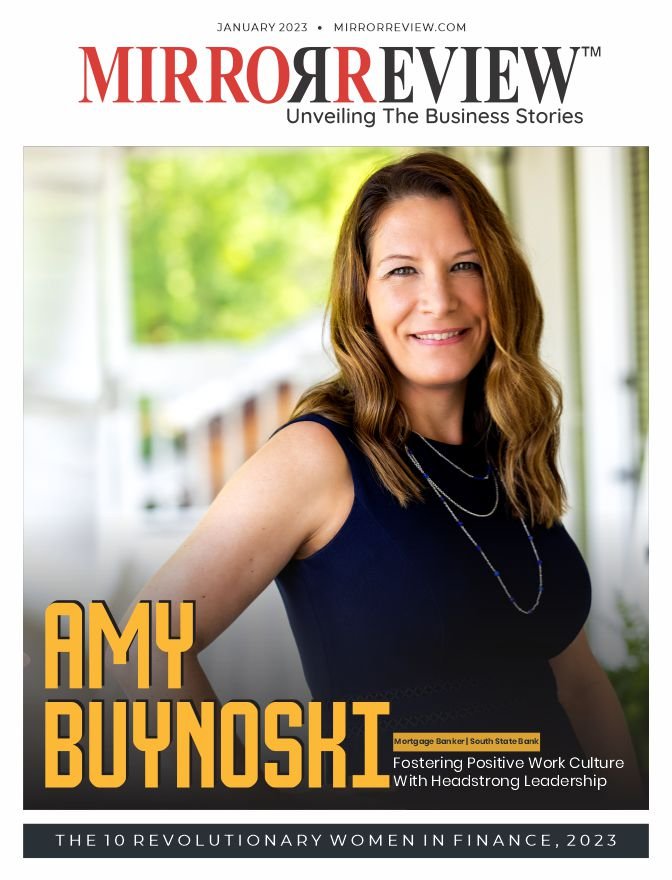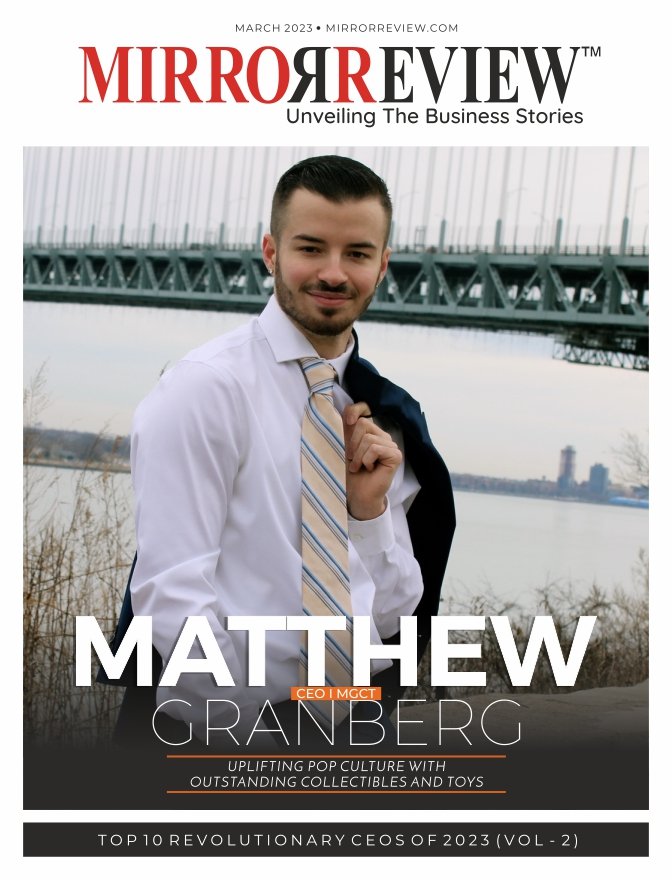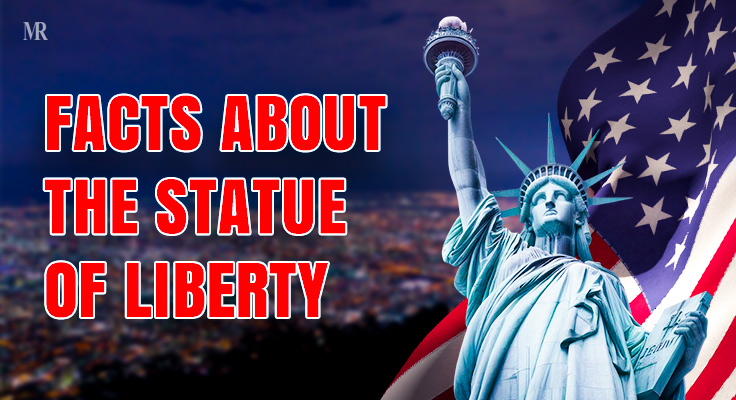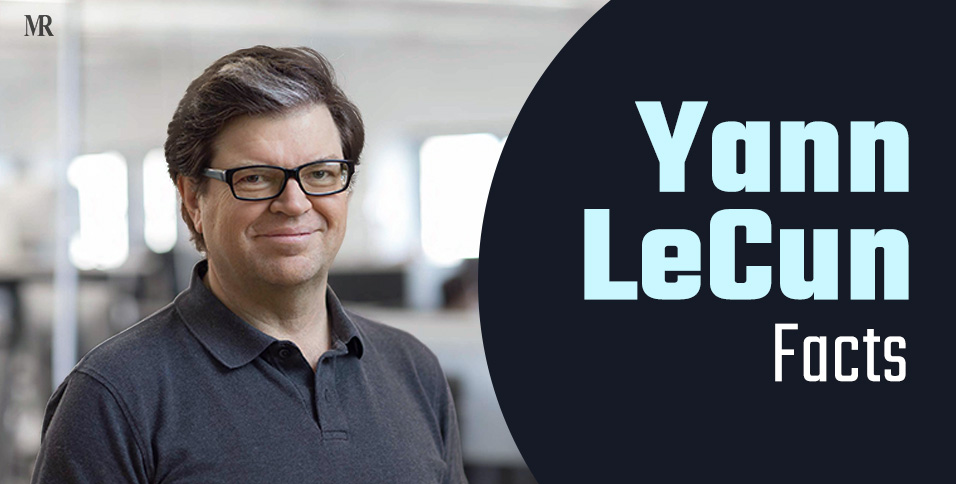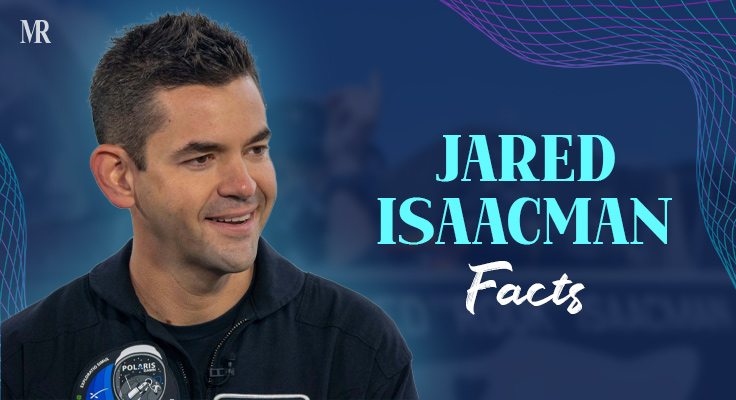Few leaders have shaped modern business the way Warren Buffett has.
For decades, “The Oracle of Omaha” turned Berkshire Hathaway into one of the world’s most trusted and profitable companies.
His philosophy was simple: Buy strong businesses, empower smart people, and ignore the noise of Wall Street.
Moreover, his long-term value-investing approach made him one of history’s most successful investors and one of the most admired corporate thinkers.
On November 10, 2025, through his Warren Buffett farewell letter, Buffett announced he would no longer write Berkshire Hathaway’s annual report or speak at the famed shareholder meeting.
He also confirmed Greg Abel will take over as CEO at year’s end, calling him “a great manager, a tireless worker, and an honest communicator.”
Warren Buffett’s farewell message is more personal, reflective, and candid than anything he has shared before. It mixes life stories, succession plans, details about his charitable giving, and hard truths on aging and leadership.
The letter offers a roadmap for future leaders on how to build, sustain, and exit a legacy with clarity and purpose.
Below are the 10 most important lessons from the Warren Buffett Farewell Letter and what they mean for leaders today.
1. Leadership Begins With Gratitude and Self-Awareness
Buffett begins by acknowledging his luck, saying he is “grateful and surprised” to still be healthy at 95.
His reflection on his near-death experience at age eight and his modest upbringing reinforces a core message: Leaders should not rewrite their past; instead, they should acknowledge it honestly.
This humility sets the tone for the entire Warren Buffett farewell letter.
2. Surround Yourself With Better People Than You
Buffett writes warmly about Charlie Munger, calling him “a protective big brother” and the best teacher he ever had. Their partnership shaped Berkshire’s culture of rational thinking and moral clarity.
He also credits others from Omaha who shaped his worldview, proving a timeless leadership rule.
This teaches us that great leaders are great because of who they choose to learn from.
3. Building a Company Is About Stability, Not Geography
Buffett says Berkshire and his own life turned out better because he stayed rooted in Omaha. As one of the greatest investors of all time, it kept him focused, grounded, and away from short-term market noise.
His point is simple: A company’s success depends more on consistent philosophy than on location.
4. Succession Must Be Clear, Calm, and Confident
The center of the farewell letter is his endorsement of the new CEO of Berkshire Hathaway, Greg Abel.
Buffett writes, “I can’t think of a CEO, a management consultant, an academic, a member of government that I would select over Greg.” Furthermore, he praises Abel’s understanding of insurance, business operations, and people.
Buffett also reassures shareholders that Abel is already supported by his children, the board, and senior leadership.
Lesson? Clear succession reduces uncertainty, especially for a company as large as Berkshire Hathaway.
5. Age Is a Factor Leaders Cannot Ignore
Buffett speaks honestly about aging. He shares how balance, sight, hearing, and memory are all declining and says Father Time “is undefeated.”
Instead of hiding his limitations, he openly factors them into his decision to accelerate philanthropic planning and step aside.
This lesson is rare in corporate America. Leaders should recognize when it is time to transition and prepare the organization for the future.
6. Philanthropy Requires Planning, not Ego
Buffett explains why he converted 1,800 A shares into 2.7 million B shares and donated them to his family foundations. He wants his children, aged 67 to 72, to have enough time, health, and clarity to manage his lifetime of charitable resources.
He rejects “ruling from the grave” and instead trusts his children with simple instructions. Through this, he teaches us to achieve better than government or traditional philanthropy.
Buffett’s approach shows long-term giving requires structure, not spontaneity.
7. CEO Compensation Has Lost Its Moral Compass
In the Warren Buffett Farewell Letter, Buffett criticizes how executive pay has risen through envy rather than merit.
He says transparency laws backfired because CEOs started demanding higher pay after comparing themselves to peers. These warnings are subtle but serious.
Lesson? When compensation becomes an ego contest, companies lose their sense of mission.
8. Great Companies Avoid Catastrophic Risk
Buffett explains that Berkshire Hathaway has “less chance of a devastating disaster than any business” due to its structure and culture.
He highlights its shareholder-conscious board, diversified businesses, and long-term thinking. However, he warns that from time to time, the stock may drop 50 percent.
With this, we learn that leaders must design companies to survive volatility, not fear it.
9. Success Is Not About Wealth, but About Character
In one of the most powerful parts of the letter, Buffett writes that greatness does not come from money or power. It comes from kindness and living in a way that earns a meaningful obituary.
He uses Alfred Nobel’s story to remind leaders to shape their legacy before someone else writes it for them.
10. Choose Your Heroes Carefully and Become Someone Worth Following
Buffett closes with a tone of honest advice. He tells readers to find role models, copy their best qualities, and avoid being influenced by the wrong people.
He gives the same advice he applied throughout his life. Improve yourself a little every day. Be kind. Respect everyone, from the cleaning staff to the boardroom.
He even ends his last letter with humor, saying he wishes everyone a happy Thanksgiving, “even the jerks.”
Conclusion: Why the Warren Buffett Farewell Letter Matters Today
The Warren Buffett Farewell Letter is more than a goodbye note. It is a leadership guide for the next generation from one of the biggest business tycoons in the world.
It reflects on luck, discipline, philanthropy, and aging while securing the future of Berkshire Hathaway under Greg Abel.
More importantly, it reminds leaders that success is measured by character, judgment, and consistency, not the size of a portfolio.
Buffett’s final message reinforces a truth he lived for 95 years. You do not need to chase greatness. You need to live your life in a way that greatness naturally follows.
FAQs
- Who is Warren Buffett?
Warren Buffett is an American investor, business leader, and longtime CEO of Berkshire Hathaway. He is widely known as one of the most successful investors in modern history and is often called the “Oracle of Omaha” for his long-term value investing approach.
- How much is Warren Buffett worth?
Warren Buffett net worth is $148.2 billion according to Forbes as of November 2025.
- What does Berkshire Hathaway do?
Berkshire Hathaway is a large American conglomerate that owns and operates businesses in insurance, energy, railroads, manufacturing, retail, and services. It also holds major investments in public companies like Apple and other long-term stocks.
- Will Warren Buffett retire?
Warren Buffett will retire from writing Berkshire Hathaway’s annual report and from speaking at the annual meeting at the end of 2025, on the date his CEO duties officially transition to Greg Abel. He will still stay involved by sharing his yearly Thanksgiving message with shareholders.

